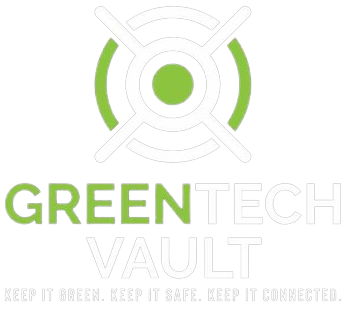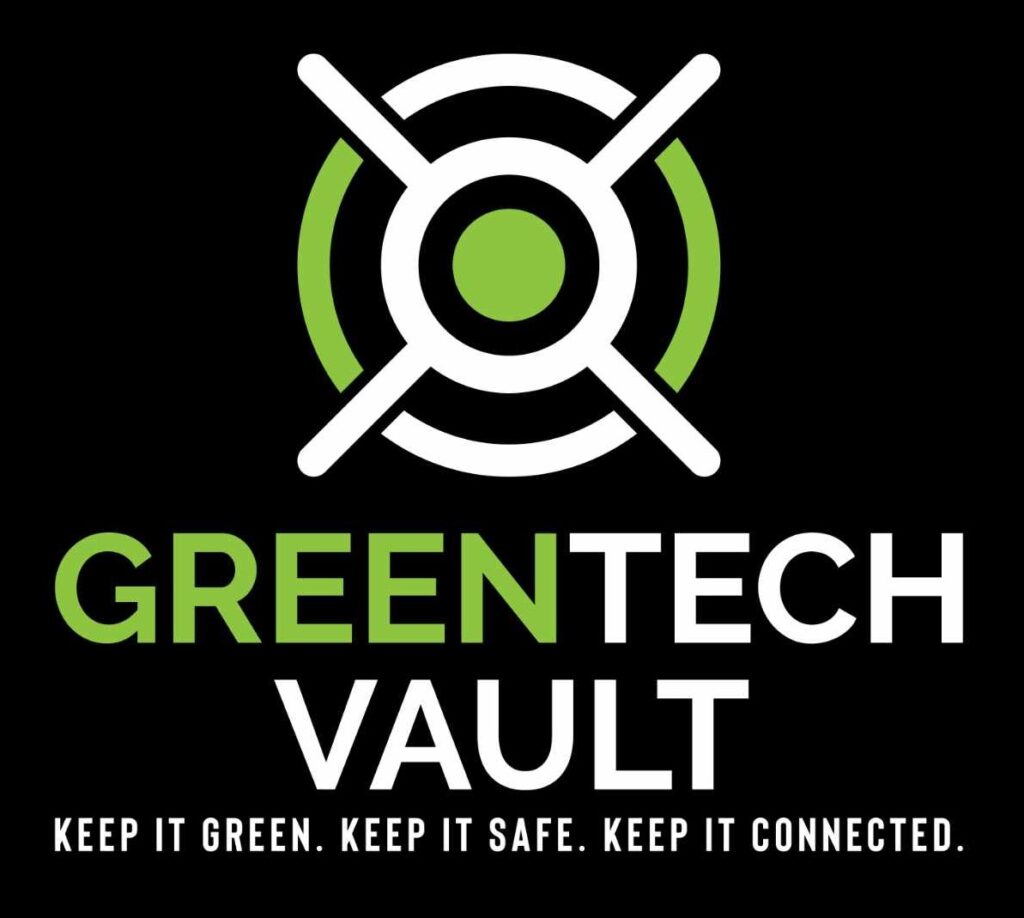Project 2030: Driving Rural Waste Management for Technological Advancements in Underserved Communities
Introduction:
In the pursuit of progress and sustainable development, it is crucial to address the challenges faced by rural communities across the United States. One such critical issue is waste management, which often lags behind in areas where modernization has been slow. Recognizing the need for innovative solutions, Project 2030 aims to drive rural waste management by leveraging technology to uplift underserved communities and bring about much-needed advancements.
Addressing the Waste Management Gap:
Rural communities have traditionally faced significant barriers when it comes to waste management. Limited resources, inadequate infrastructure, and a lack of access to modern technologies have hindered progress in these areas. However, Project 2030 seeks to bridge this gap by integrating technology and innovation into waste management practices.
Harnessing Technology for Solutions:
By harnessing the power of technology, Project 2030 aims to revolutionize waste management in rural communities. One key aspect is the implementation of smart waste management systems that utilize sensors, data analytics, and automation to optimize waste collection, disposal, and recycling processes. These systems can improve efficiency, reduce costs, and minimize environmental impact.
Additionally, the project focuses on developing user-friendly mobile applications and online platforms to facilitate waste management in rural areas. These digital solutions can enhance communication between community members, local authorities, and waste management service providers, ensuring effective coordination and engagement.
Empowering Underserved Communities:
Project 2030 is committed to empowering underserved communities through waste management initiatives. By providing education and training programs, the project aims to enhance local capacity and knowledge in waste management practices. This includes promoting sustainable waste disposal methods, encouraging recycling, and raising awareness about the importance of environmental conservation.
Furthermore, the project envisions creating employment opportunities in rural areas by establishing waste management infrastructure and training local residents in relevant skills. This not only addresses the waste management issue but also contributes to economic development and community empowerment.
Collaboration and Partnerships: To achieve its ambitious goals, Project 2030 actively seeks collaborations and partnerships with technology companies, waste management experts, governmental organizations, and local community leaders. By pooling resources and expertise, these partnerships can drive innovation, secure funding, and ensure the sustainability of the project’s initiatives.
Conclusion:
Project 2030 represents a visionary initiative that aims to revolutionize waste management in rural communities across the United States. By leveraging technology, fostering collaboration, and empowering underserved communities, the project seeks to create a future where waste management is efficient, sustainable, and equitable. Through this endeavor, the project strives to bridge the gap between rural and urban areas, ensuring that no community is left behind in the journey towards a cleaner and more prosperous society.



